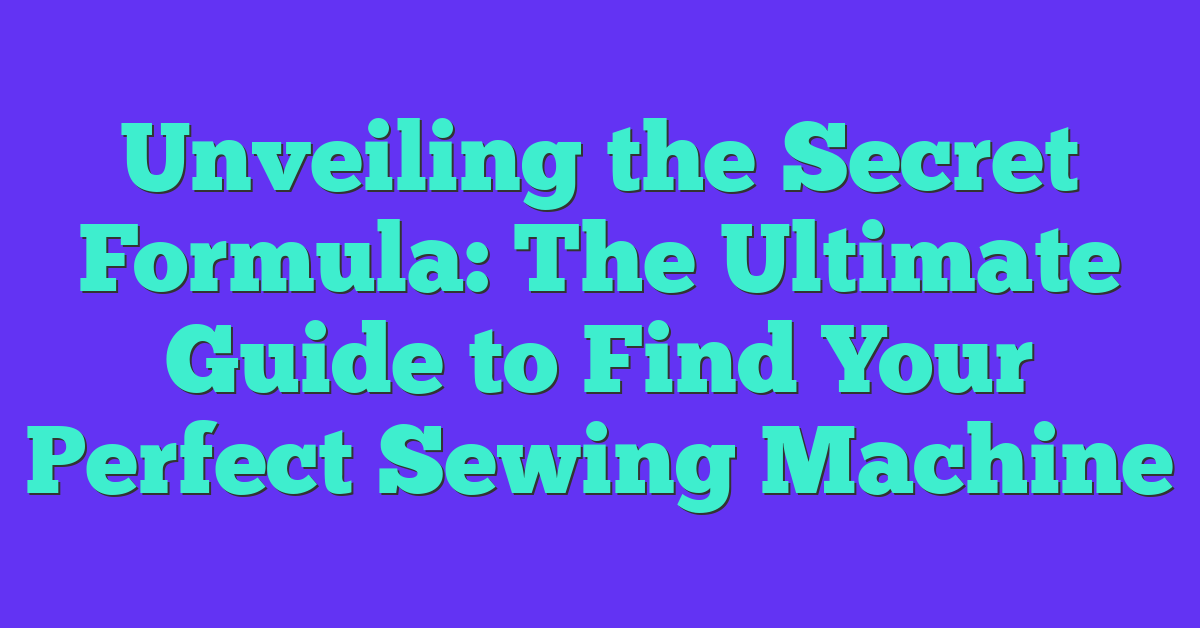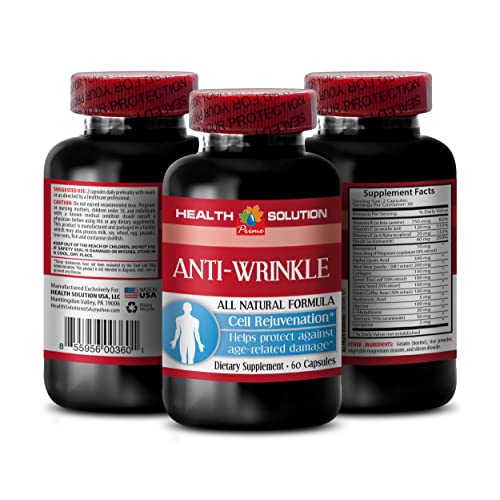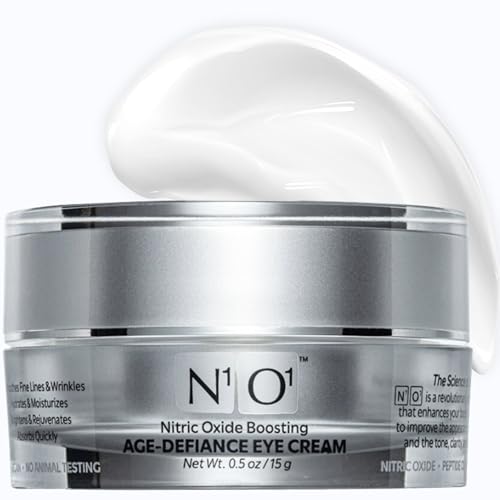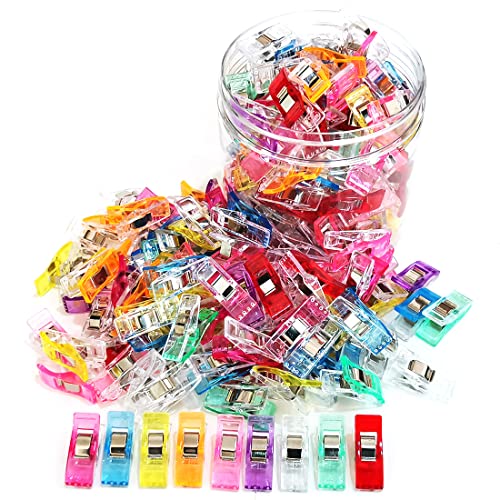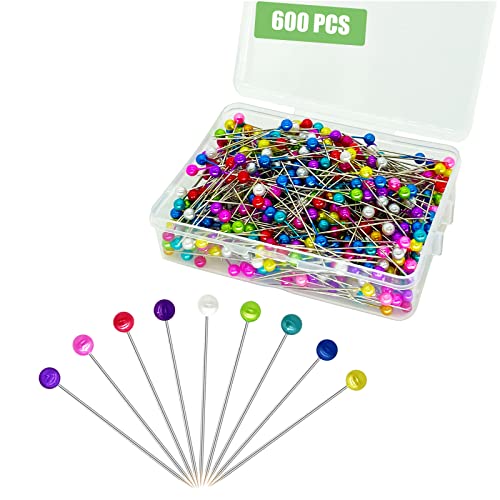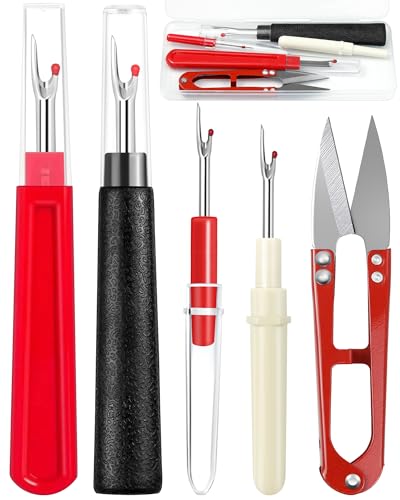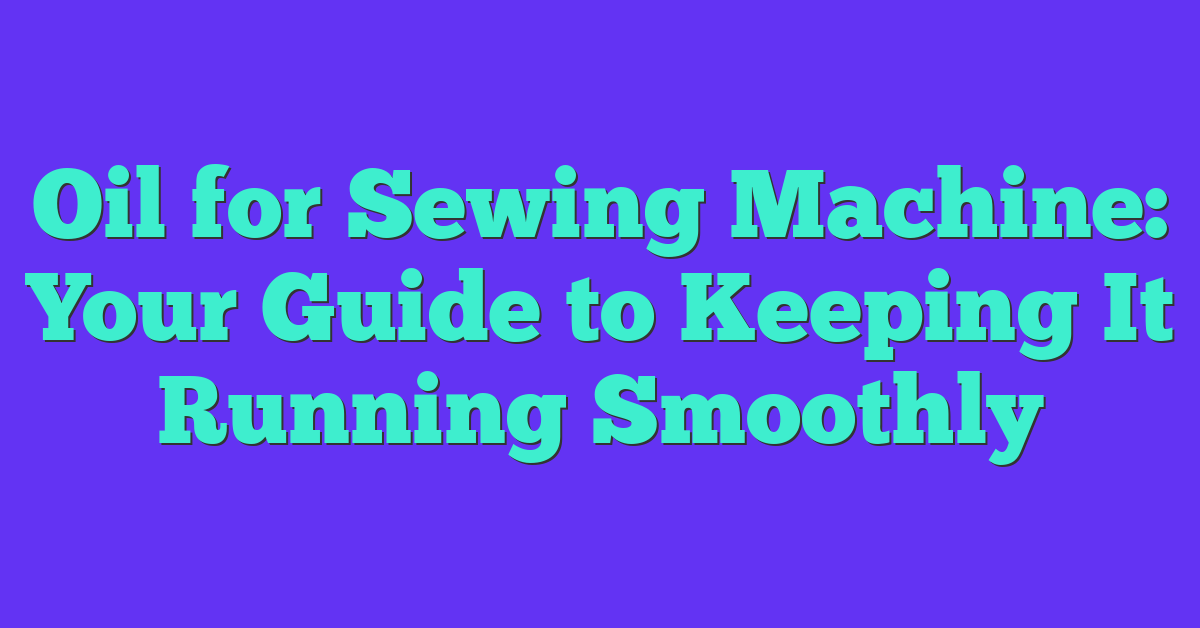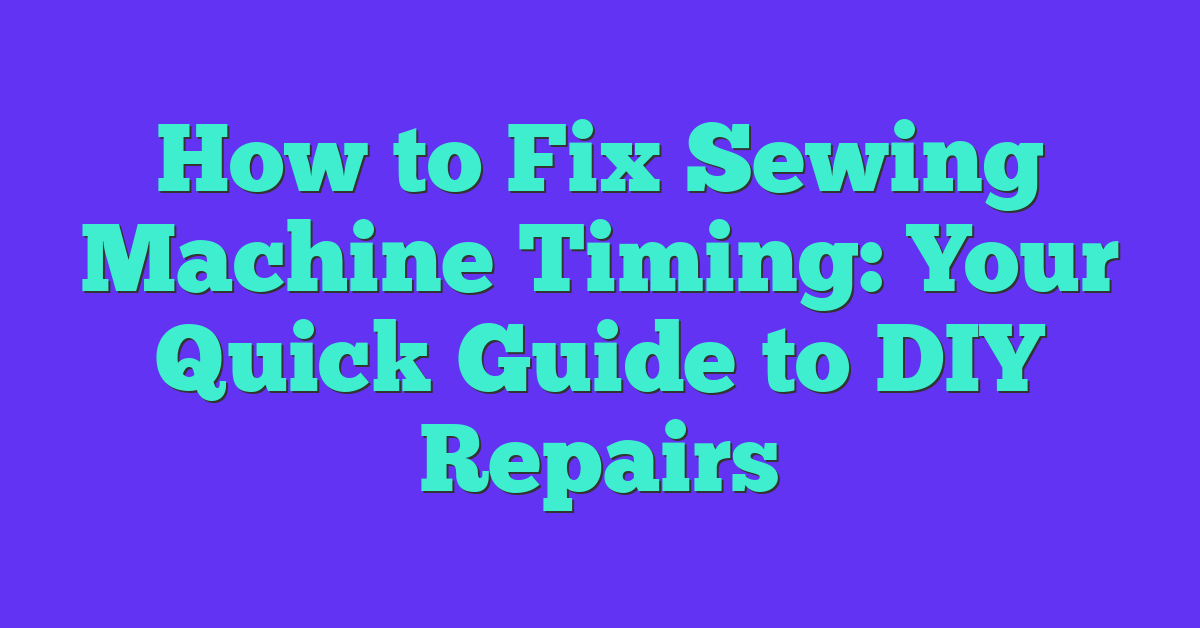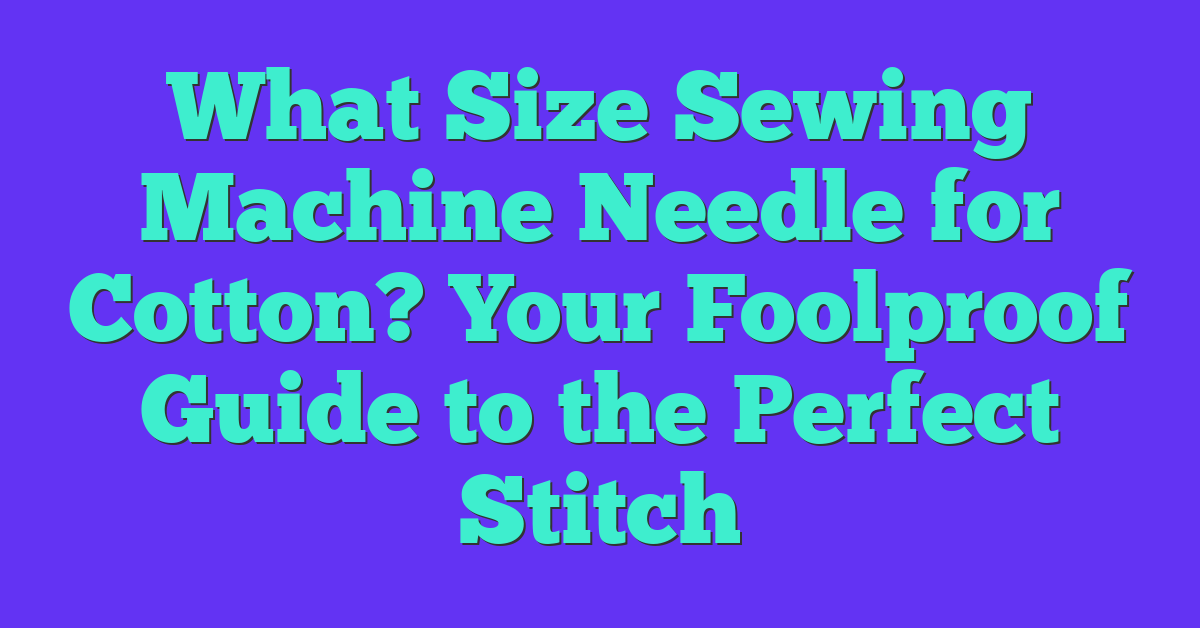Are you ready to start your sewing journey but feeling overwhelmed by the wide variety of sewing machines available? Don’t worry, I’m here to help! Choosing the right sewing machine can make all the difference in your sewing experience. With so many options on the market, it’s important to find one that suits your needs and skill level. In this article, we’ll explore some key factors to consider when determining the best sewing machine for you. So, let’s dive in and find the perfect match for your sewing aspirations!
When it comes to selecting a sewing machine, it’s crucial to take into account your sewing goals and experience level. Whether you’re a beginner or an experienced seamstress, finding a machine that matches your skill level is essential. Not all sewing machines are created equal, and some may have advanced features that you may not need as a beginner. By understanding your skill level, you can narrow down your options and choose a machine that will help you grow and improve your sewing skills.
Another important factor to consider is the type of sewing projects you plan to tackle. Are you interested in quilting, garment sewing, or embroidery? Different sewing machines are designed with specific features to excel in different types of projects. By identifying your primary sewing interests, you can find a machine that has the necessary functions and accessories to support your creative endeavors. So, let’s explore the various types of sewing machines and find the perfect fit for your project preferences.
Factors to Consider when Choosing a Sewing Machine
Choosing the best sewing machine for your needs is an important decision that can greatly impact your sewing journey. To help you make an informed choice, there are several factors you should consider:
Skill Level
When selecting a sewing machine, it’s essential to assess your skill level. Beginners may prefer a machine that is easy to use, with basic functions and settings. Look for models with an automatic needle threader and easy-to-read stitch selection. Don’t worry, even as a beginner, you’ll soon be able to tackle more complex projects!
For intermediate and advanced sewists, a machine that offers more advanced features and techniques can help you take your skills to the next level. Look for models with adjustable stitch length and width, as well as an array of specialty stitches. A machine with a free arm for sewing cuffs and sleeves can also be handy.
Type of Projects
Consider the types of sewing projects you plan to tackle. If you enjoy quilting, look for a machine with a large throat space to accommodate large quilts. Some machines even offer special features like a quilting foot for added convenience.
If garment sewing is more your style, look for a machine that offers a variety of garment-specific stitches, such as buttonholes and stretch stitches. Don’t forget to check if the machine can accommodate different fabric weights and thicknesses, as this will be an important factor for dressmaking.
For those who love embroidery or want to try their hand at it, look for a sewing machine with built-in embroidery capabilities. These machines often come with a variety of embroidery designs and allow you to upload your own custom designs.
Budget
Lastly, consider your budget when choosing a sewing machine. Sewing machines come in a range of prices, from budget-friendly options to high-end machines with advanced features. Set a budget based on your needs and stick to it, keeping in mind that investing in a good quality machine can make a big difference in the long run.
Types of Sewing Machines
When it comes to choosing the right sewing machine, it’s important to consider the different types available. Each type offers unique features and functions that cater to specific sewing projects and skill levels. Here are the main types of sewing machines to help you make an informed decision:
1. Mechanical Sewing Machines
Mechanical sewing machines are the classic choice for beginners and those on a budget. They are simple to use and offer basic stitches, making them perfect for simple garment construction, repairs, and crafting projects. These machines are operated manually, using a foot pedal or hand wheel, and can handle a variety of fabrics.
2. Computerized Sewing Machines
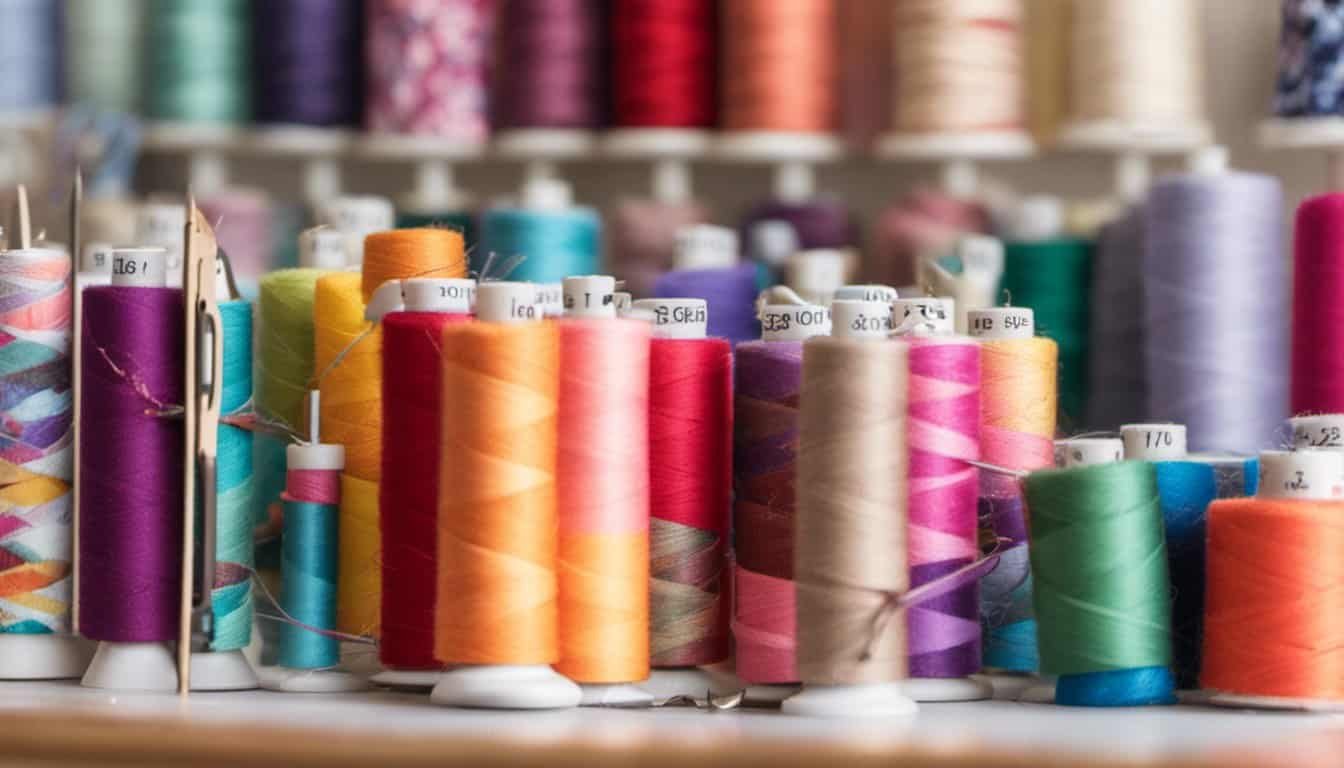
If you’re a more advanced sewist or want to have more control over your stitches, a computerized sewing machine is a great option. These machines incorporate advanced technology, with features like touch screens, programmable stitch patterns, and automatic thread cutting. Computerized machines are perfect for intricate projects like quilting, embroidery, and decorative stitching.
Serger machines, also known as overlock machines, are specialized sewing machines used to create finished edges and seams with a professional and polished look. They trim, sew, and finish fabric edges all in one step, saving you time. Sergers are ideal for sewists who enjoy garment construction or working with stretchy fabrics.
4. Embroidery Machines
For those interested in adding beautiful embroidery designs to their projects, an embroidery machine is a must-have. These machines are designed specifically for embroidery, with built-in design options and the ability to upload your own designs. Whether you want to embellish clothing, create personalized gifts, or add unique touches to home decor, an embroidery machine will bring your creations to life.
« Unveiling the Hidden Secrets: Unlock the Mystery of Your Sewing Machine’s Age and Value
Unveiling the Ultimate Needle Size Hack for Sewing Satin – Boost Your Stitching Success »
If quilting is your passion, a quilting machine is essential. These machines are built with features such as wider sewing areas, extended tables, and walking feet. Quilting machines provide the necessary stability and specialized functions for piecing together layers of fabric, making quilt-making a breeze.
Understanding Your Sewing Needs
When it comes to choosing the right sewing machine, it’s important to understand your sewing needs. By assessing your specific requirements, you can find a machine that will meet your expectations and help you achieve your sewing goals. Here are some key points to consider:
1. Type of Projects
Think about the types of sewing projects you plan to tackle. Are you interested in basic clothing construction, home decor, or quilting? Different sewing machines are designed with specific features and functions to cater to these various projects. For example, if you’re interested in quilting, you’ll want a machine with a wide throat space and features like an extended work table and specialized quilting stitches.
2. Skill Level
Consider your current skill level and your desire for growth. If you’re a beginner, it’s best to start with a mechanical sewing machine. These machines are user-friendly, straightforward to operate, and come at an affordable price. However, if you’re an advanced sewist looking for more creativity and precision, a computerized sewing machine with a wide variety of stitches and advanced features may be a better fit for you.
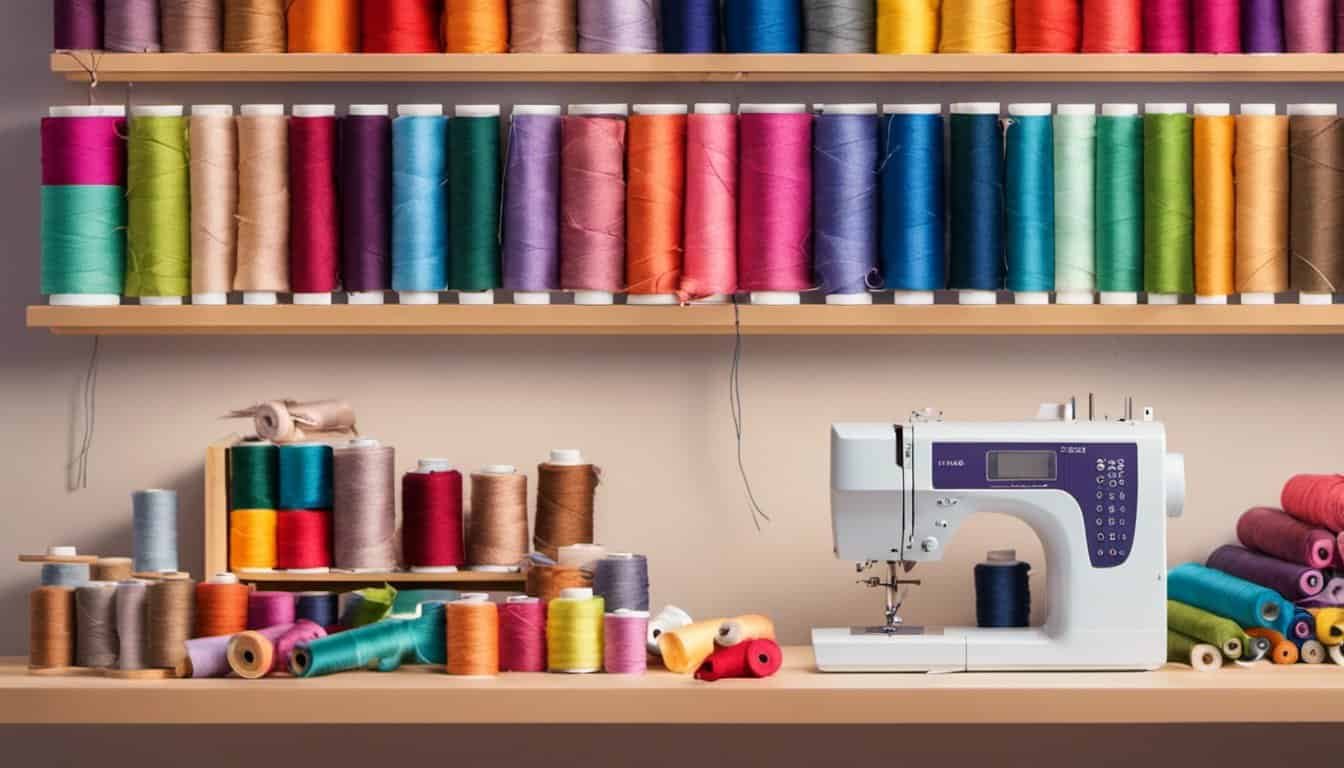
3. Budget
Consider your budget range. Sewing machines come in a wide range of prices, so it’s important to determine how much you’re willing to invest. Remember that quality is important, and investing in a reliable machine can save you money in the long run.
4. Additional Features
Think about any additional features you may want. Are you interested in embroidery or serging? If so, you may want to consider an embroidery machine or a serger machine respectively. These specialized machines offer unique features and functions that can enhance your sewing experience.
Researching Sewing Machine Brands and Models
When it comes to finding the perfect sewing machine for your needs, it’s important to do your research and explore different brands and models available in the market. Each brand has its own unique features, strengths, and price ranges. Here are some tips to help you navigate this process:
1. Read reviews and ratings: One of the best ways to gather information about sewing machine brands and models is by reading reviews from other users. Look for reputable websites, sewing forums, or even reach out to fellow sewists on social media platforms. Their experiences and insights can provide valuable guidance in making your decision.
2. Consider the features: Every sewing machine will have its own set of features that cater to specific sewing needs. Think about the type of projects you plan to tackle. Are you interested in embroidery, quilting, or basic garment construction? Look for machines that have the features and functions required for your desired projects.
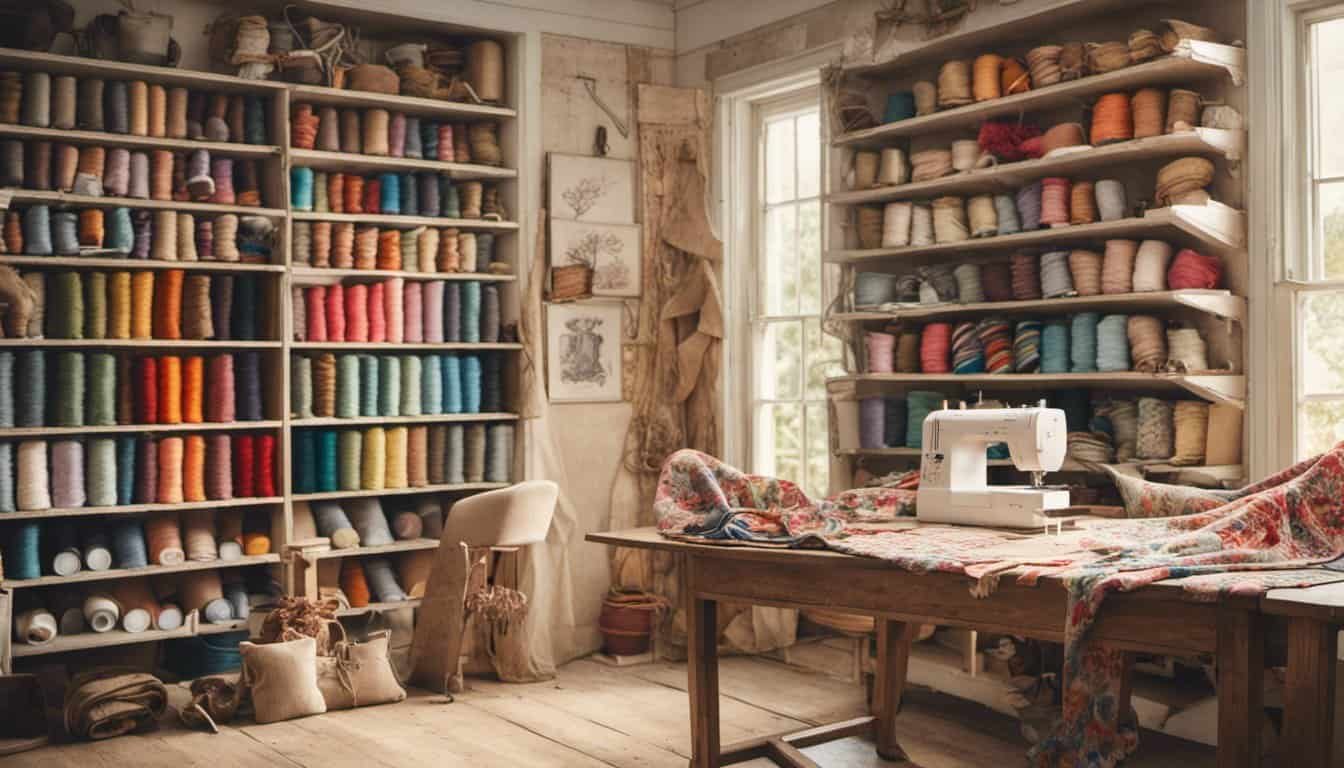
3. Compare prices: Sewing machines come in a wide range of prices. Set a budget that you are comfortable with and start exploring machines within that range. Remember, higher price doesn’t always mean better quality. Consider the features and performance of the machine in relation to its price tag.
4. Visit local sewing machine retailers: If possible, visit local sewing machine retailers in your area. This will allow you to see and test different models in person. Ask the staff about the advantages and disadvantages of various brands and models. They can provide expert advice based on their knowledge and experience.
5. Seek recommendations: Do you have friends, family members, or colleagues who are into sewing? Don’t hesitate to reach out to them for recommendations. They may have already gone through the process of finding the right sewing machine and can offer valuable insights based on their firsthand experience.
Remember that finding the perfect sewing machine is a personal journey. What works for someone else may not necessarily work for you. Take your time, do your research, and consider your unique needs and preferences. By exploring different brands and models, you’ll be one step closer to finding the sewing machine that best suits you and your creative pursuits.
Testing Sewing Machines
Now that you have done your research and have a good idea of what type of sewing machine you’re looking for, it’s time to put those machines to the test. Testing out different sewing machines before making a purchase is crucial in order to find the one that best suits your needs and preferences. Here’s how you can go about it:
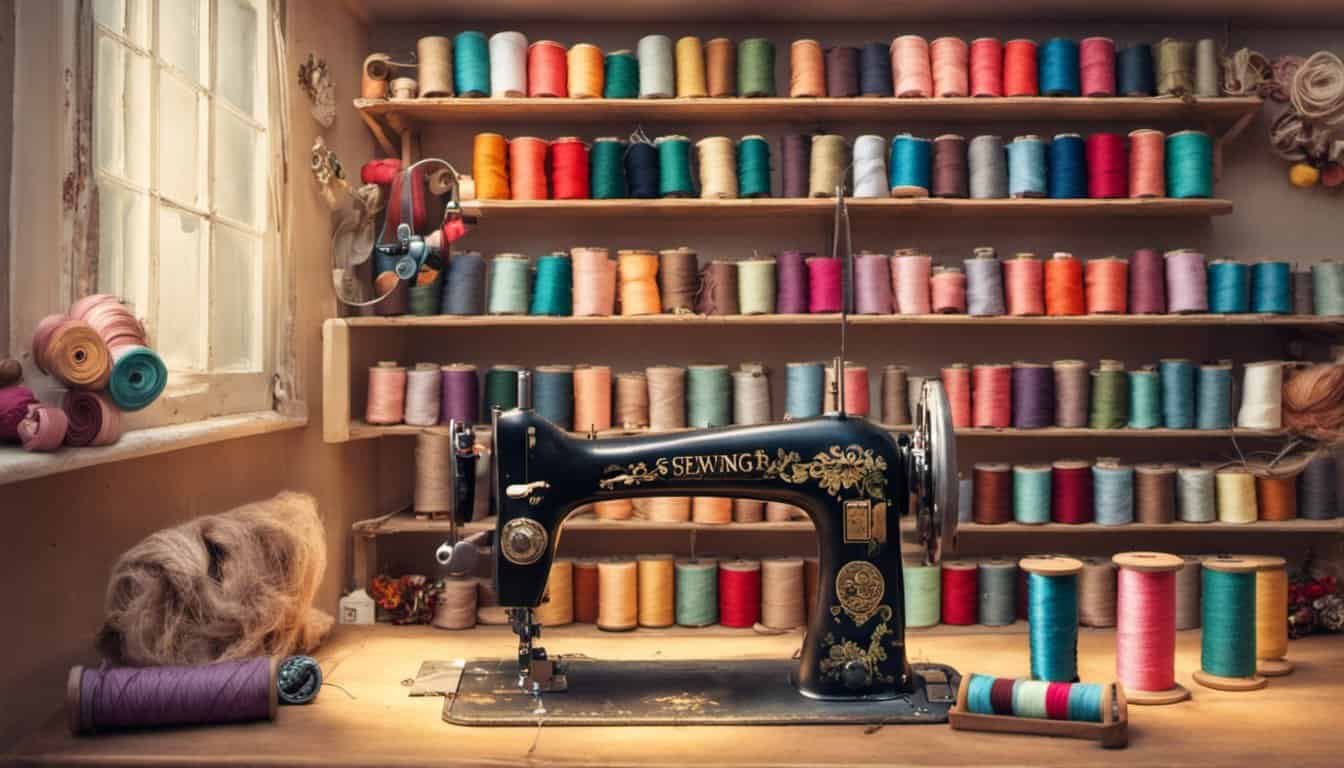
1. Visit Local Sewing Machine Retailers: Start by visiting local sewing machine retailers in your area. This will give you the opportunity to see the machines in person and try them out. Don’t be shy to ask the store staff for a demonstration or to let you try stitching on different fabrics. Pay attention to the ease of use, the sound of the machine, and how comfortable it feels while sewing.
2. Compare Features and Functions: While testing the machines, compare the features and functions of each one. Look for features like automatic thread cutting, adjustable stitch length and width, a variety of built-in stitches, easy bobbin winding, and a speed control option. Make sure the machine you choose has the features that are most important to you and will make your sewing experience easier and more enjoyable.
3. Test the Stitch Quality: Take sample fabrics with you to test the stitch quality. Sew different types of stitches, such as straight stitches, zigzag stitches, and decorative stitches, and check if the stitches are even, well-formed, and free from any tension issues. Pay attention to how smoothly the fabric feeds through the machine and if there are any skipped stitches or tangled threads.
4. Consider Noise and Durability: While testing the machines, take note of the noise level. Some machines may be noisier than others, which can be distracting and annoying during long sewing sessions. Additionally, look for machines that are well-built and made with durable materials. A sturdy machine will last longer and provide better performance in the long run.
5. Read Customer Reviews: Before making a final decision, read customer reviews of the sewing machines you are considering. This will give you insights into the experiences of other sewists and help you determine the overall satisfaction level with the machine you’re interested in.

Remember, testing sewing machines is an important step in finding the one that’s perfect for you. Take your time, try out different models, and consider your specific sewing needs. By following these tips, you’ll be well on your way to finding the sewing machine that will be your trusted partner in all your
Making a Decision on the Best Sewing Machine for You
Now that you have assessed your skill level, identified your primary sewing interests, and considered your budget, it’s time to make a decision on the best sewing machine for you. Here are a few steps to help guide you in your decision-making process:
1. Research and Read Reviews: Start by researching different sewing machine brands and models. Look for reviews and ratings from other sewers to get an idea of the pros and cons of each machine. Reading reviews can give you valuable insights into the performance, reliability, and ease of use of different sewing machines.
2. Consider Features and Functions: Think about the specific features and functions that are important to you. Do you need a machine with a wide range of stitch options? Are you interested in automatic needle threading or a programmable needle? Consider the additional features that will make your sewing experience more enjoyable and efficient.
3. Compare Prices: Compare the prices of different sewing machines within your budget range. Keep in mind that higher-priced machines often come with more advanced features and durability. However, that doesn’t mean you can’t find a quality machine within your budget. It’s all about striking the right balance between features and price.

4. Visit Local Retailers: If possible, visit local sewing machine retailers to see the machines in person. Trying out the machines allows you to get a feel for their operation and see if they meet your requirements. Pay attention to the stitch quality, noise level, and overall durability of the machine.
5. Seek Recommendations: Don’t hesitate to ask for recommendations from sewing enthusiasts – friends, family members, or online communities. People who are passionate about sewing can provide valuable insights and share their personal experiences with different sewing machines.
Conclusion
Now that you have all the information you need, you can confidently choose the best sewing machine for your needs. Remember to consider your skill level, the type of projects you want to work on, your budget, and any additional features you may want. Assessing your skill level will ensure that you find a machine that allows for growth and improvement. Identifying your primary sewing interests will help you select a machine with the necessary functions and accessories. It’s also important to read reviews and ratings, compare prices, visit local sewing machine retailers, and seek recommendations from friends and family members who are into sewing. Lastly, don’t forget to test out different sewing machines before making a purchase. By following these steps, you’ll be well on your way to finding the perfect sewing machine that suits your needs and preferences. Happy sewing!

